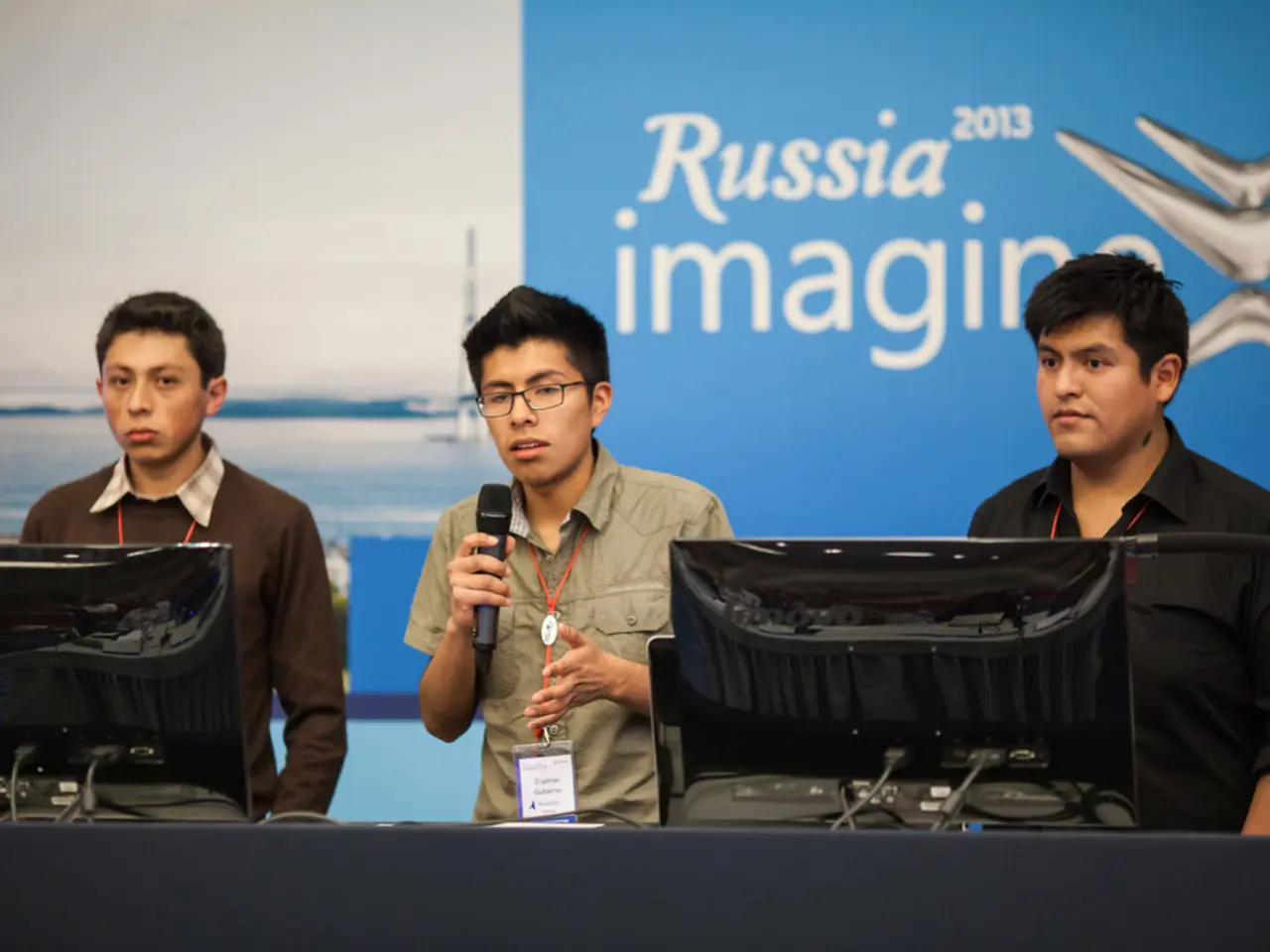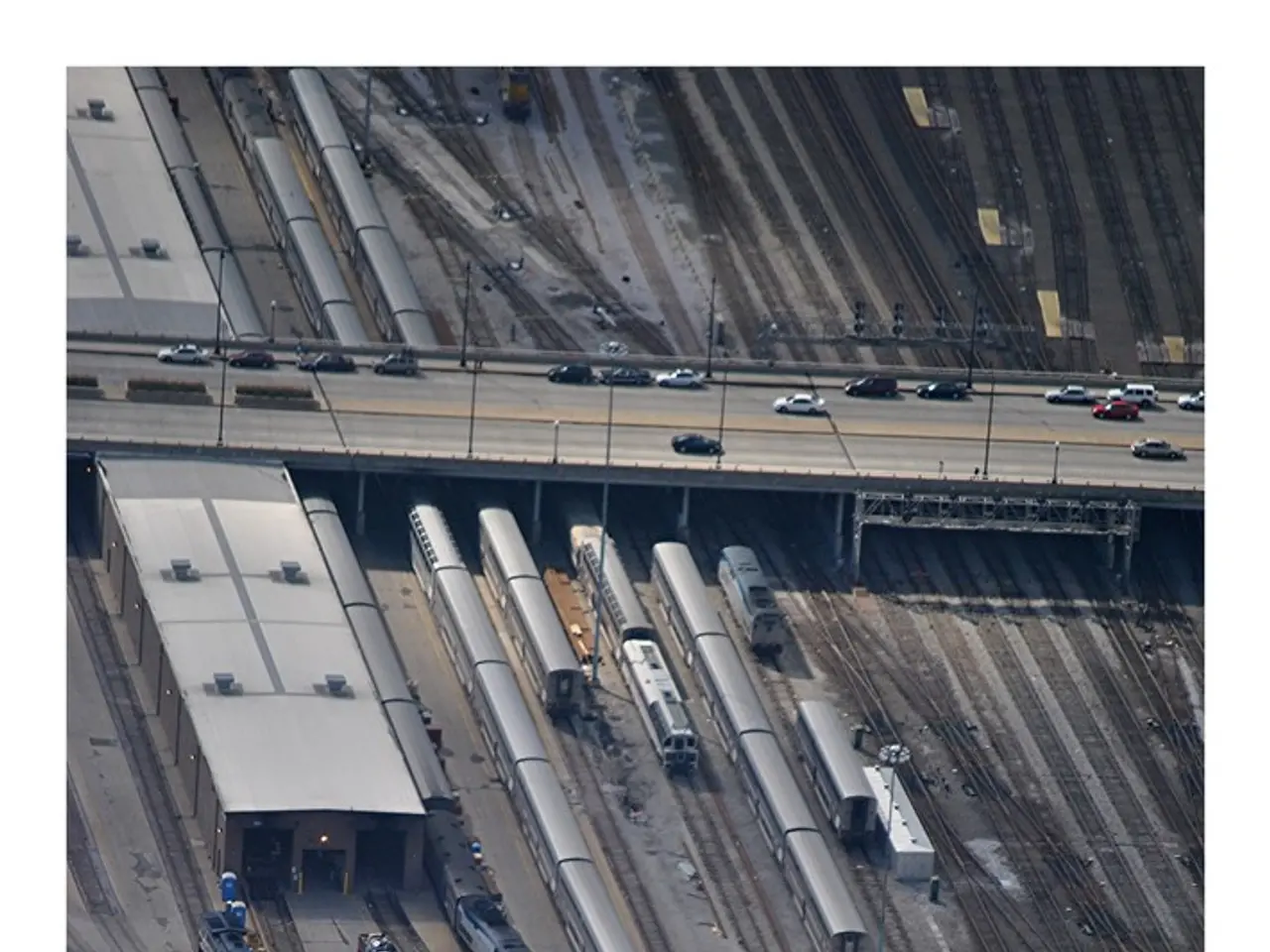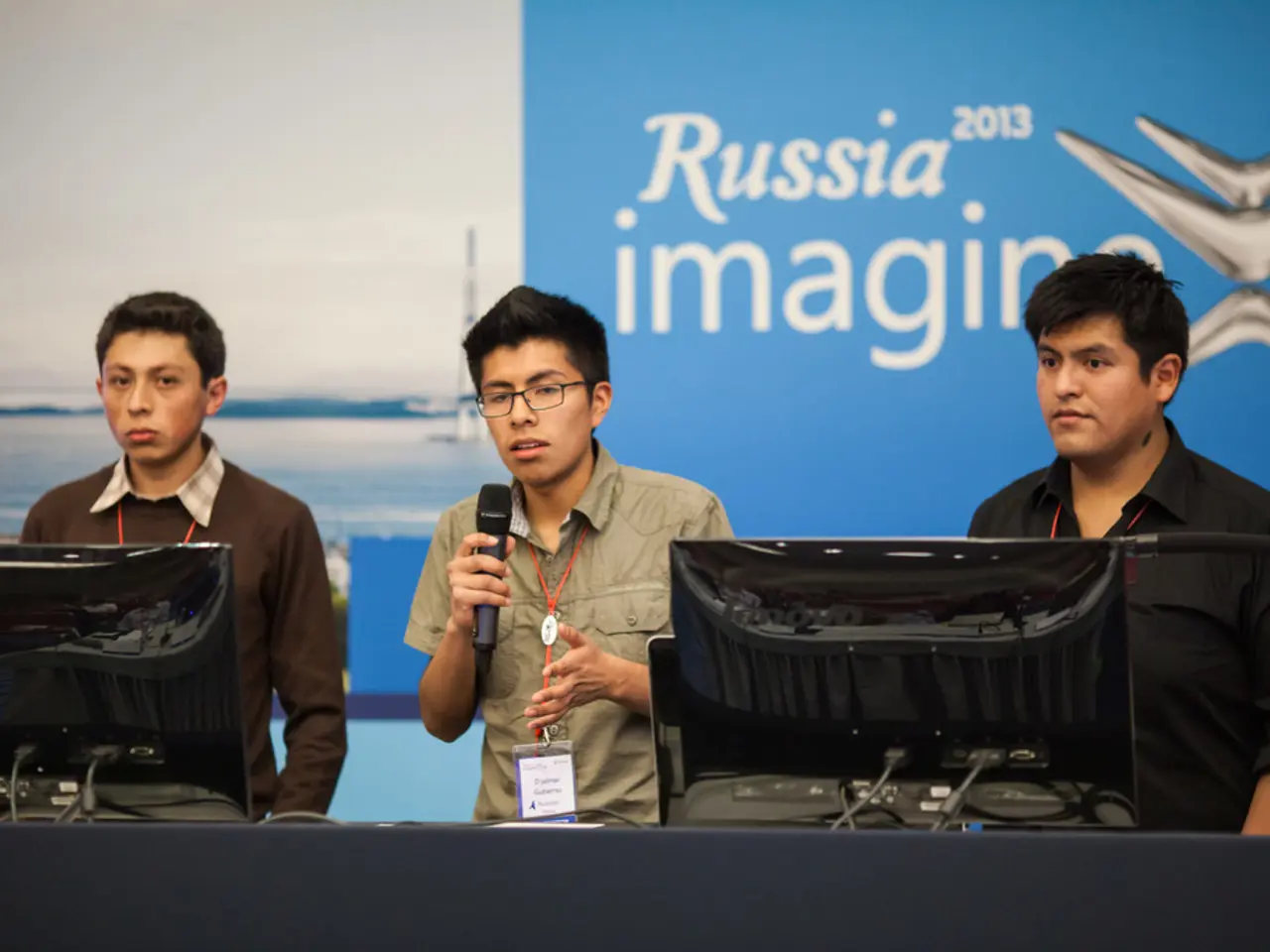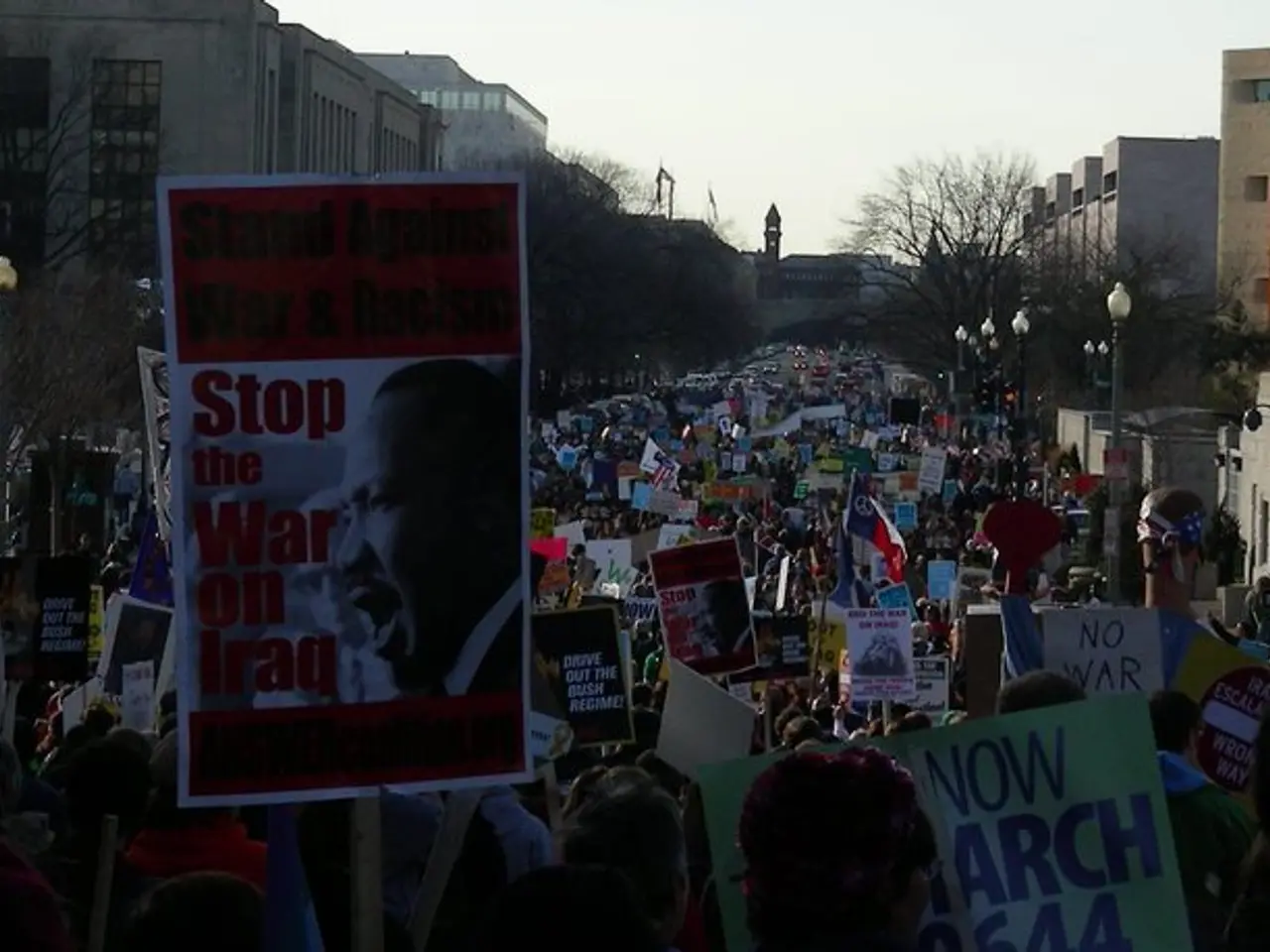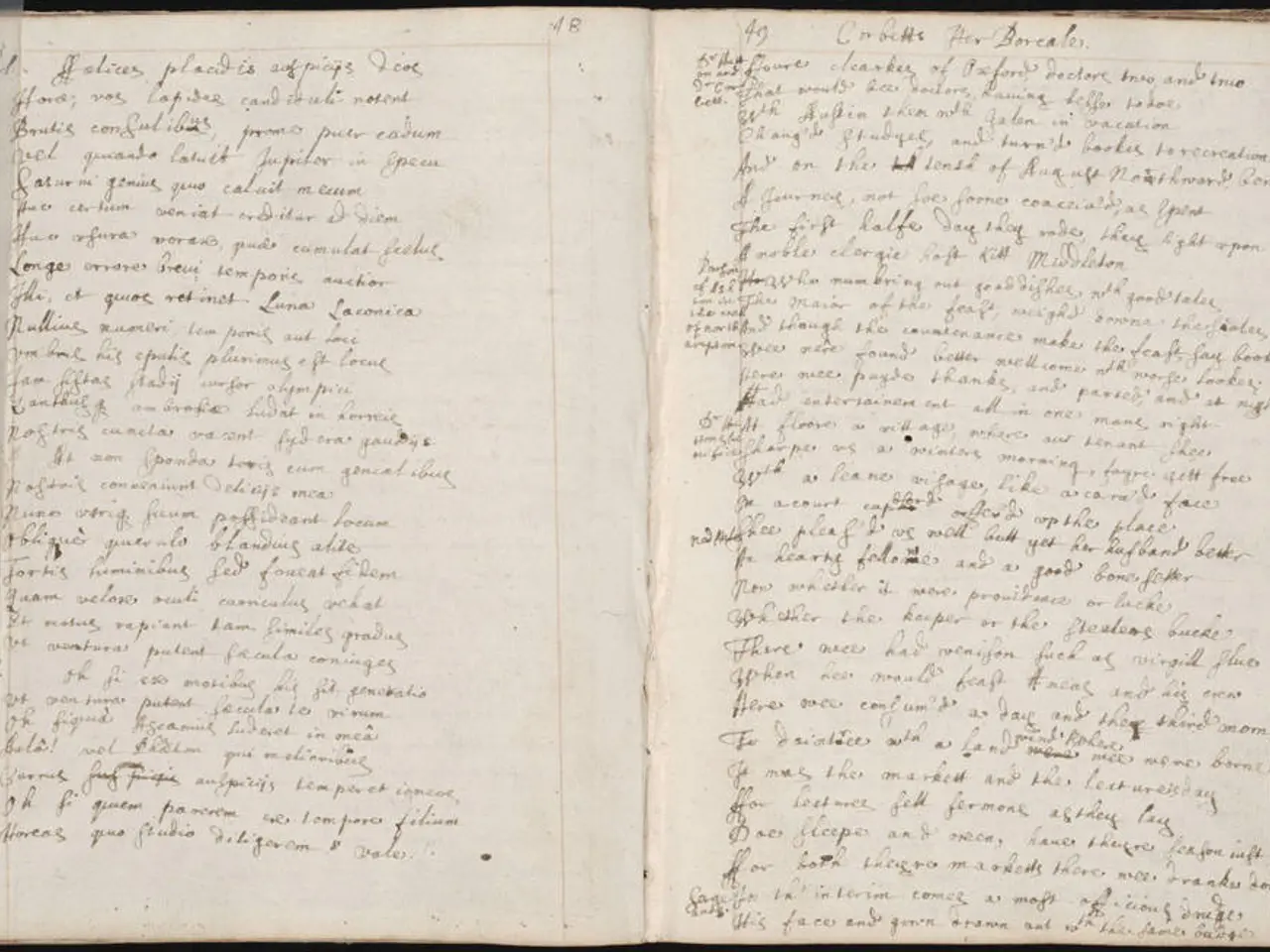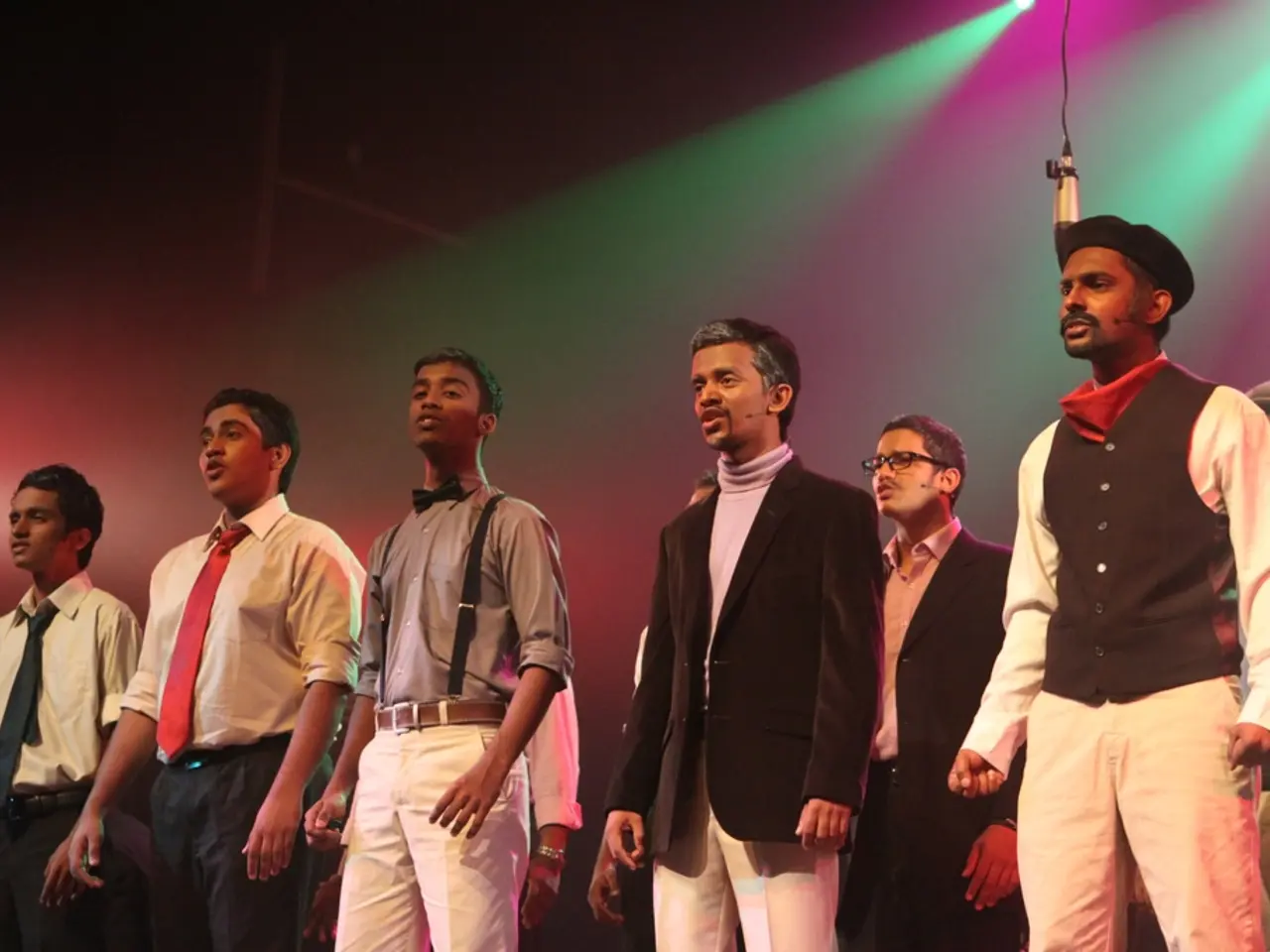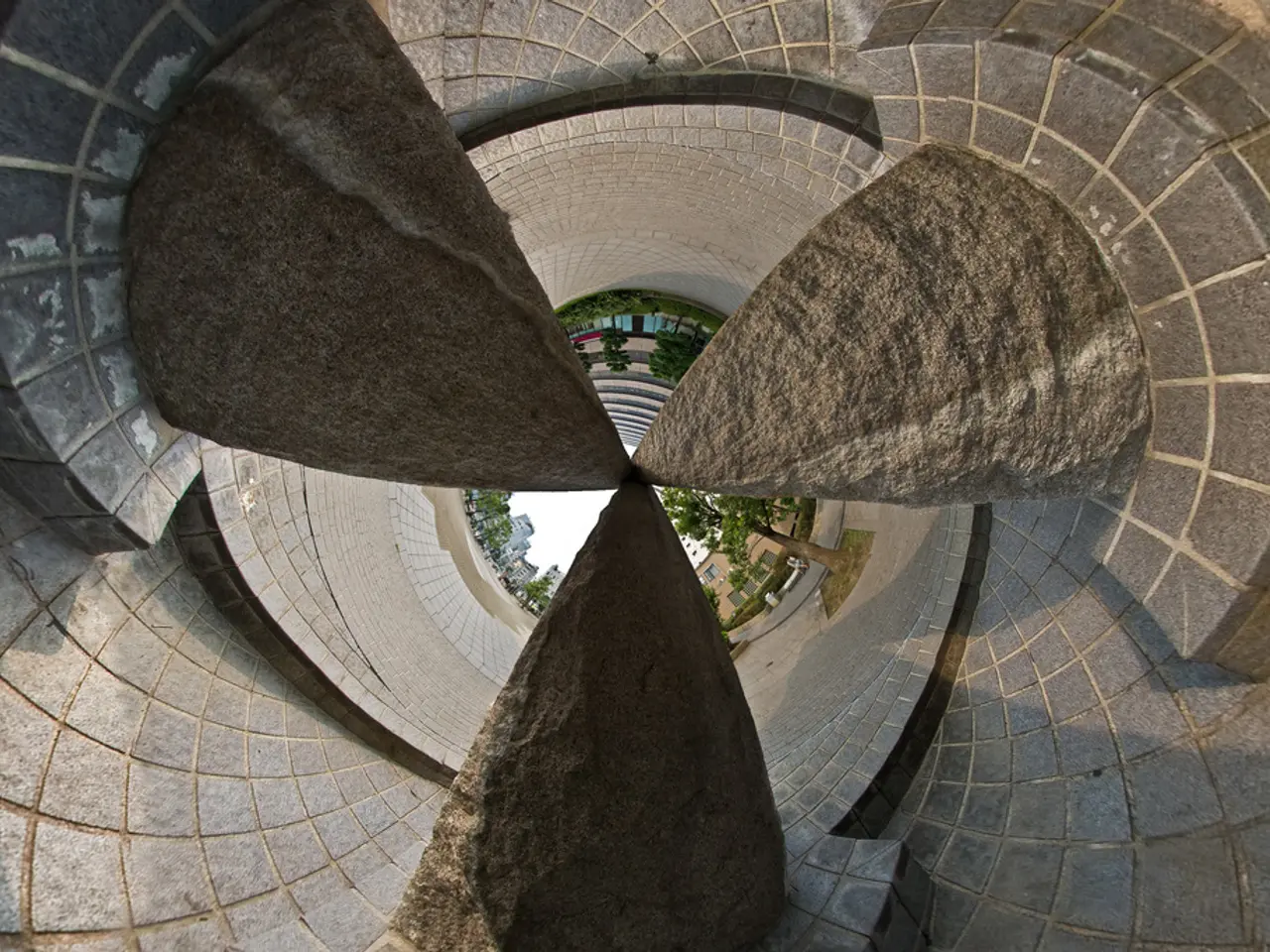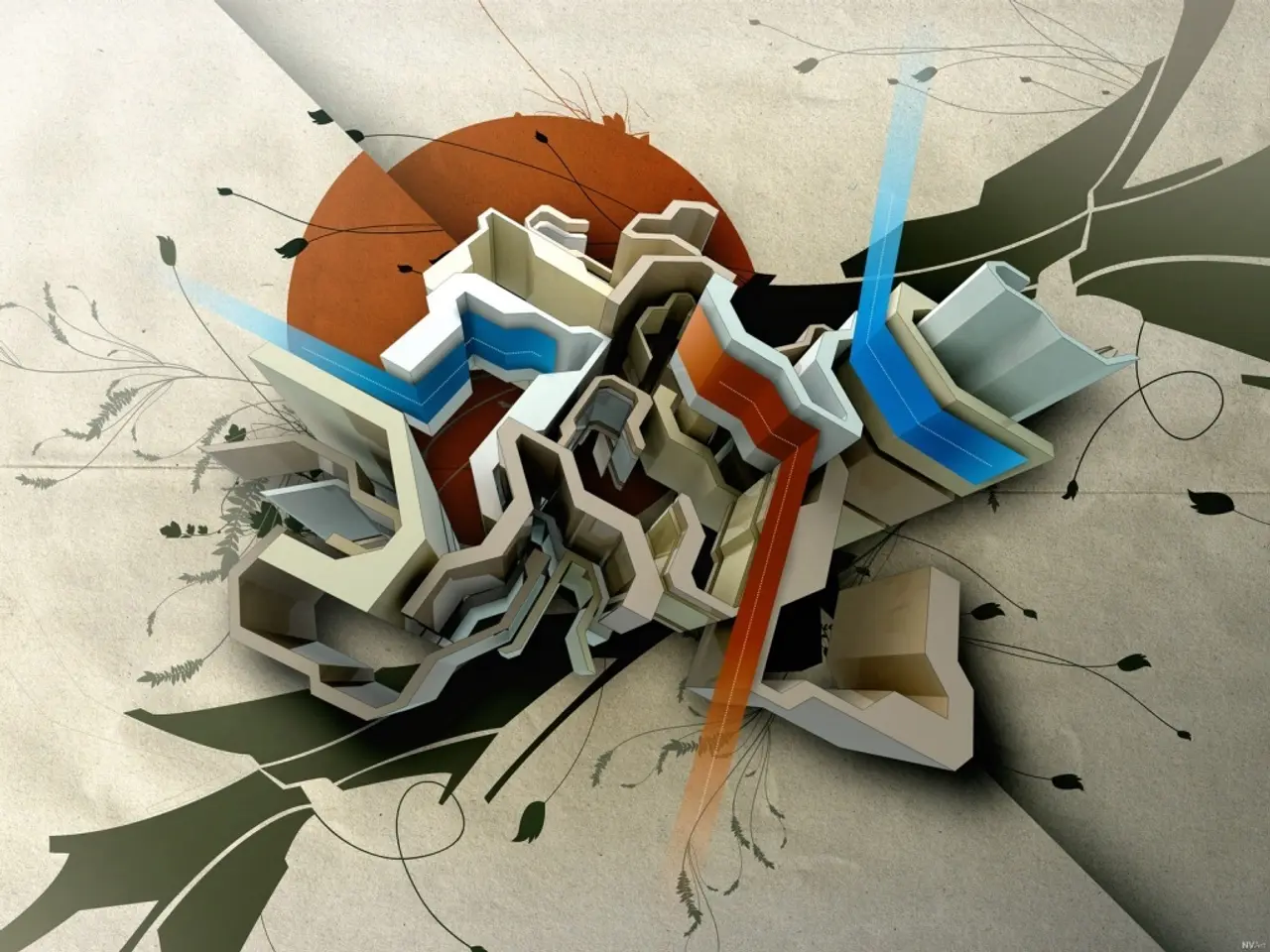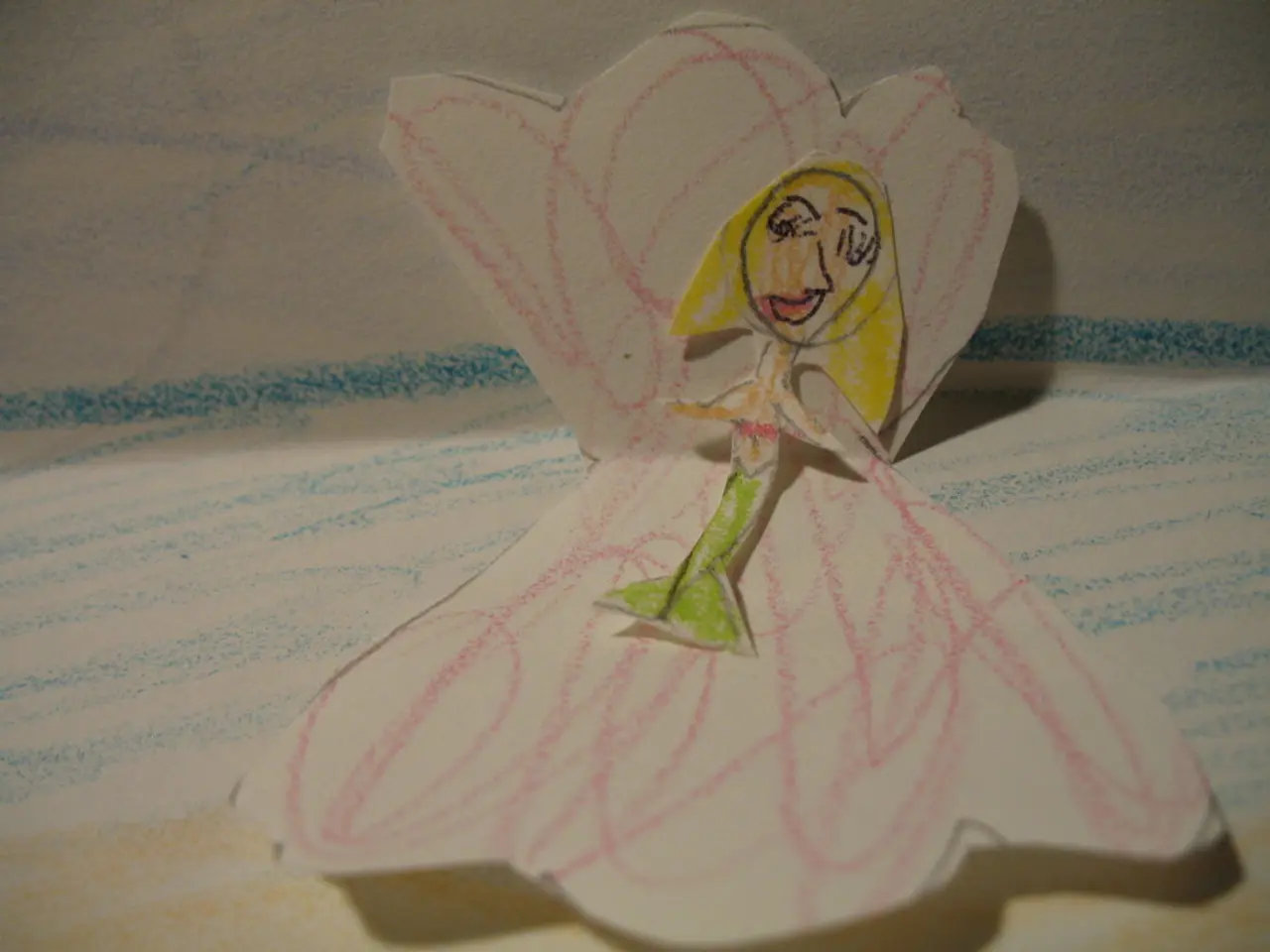Trump's tariff threat sparks discontent in Moscow and satisfaction in Kyiv - Tensions escalate in Russia and Ukraine as Trump's tariffs spur reactions of discontent and joy respectively
In a recent turn of events, the already tense and confrontational relationship between the United States and Russia has taken a turn for the worse, with the ongoing conflict in Ukraine at the heart of the matter.
US President Donald Trump, in a bid to end the war, announced a 50-day ceasefire deadline for Russia and President Vladimir Putin to negotiate a peaceful resolution. However, Putin has so far rejected these proposals, insisting on continuing the war until his objectives are fully achieved, including regime changes in Ukraine and altering NATO policies.
Former Russian President Dmitri Medvedev, in response to Trump's tariff threat, issued a warning that every ultimatum from Trump is a step towards war, not just between Russia and Ukraine, but with its own country. This threat of potential war between Russia and the US has raised concerns globally.
Meanwhile, Ukraine, under President Volodymyr Zelenskyy, is strengthening its defensive measures. Kyiv is not limiting itself to defensive measures, with Zelensky declaring the production of interception drones a priority. The SBU, Ukraine's intelligence agency, has also carried out a sensational strike against Russia's strategic bomber fleet, using truck-mounted drones to destroy around a dozen bombers deep in Russian territory.
In the past night, the Ukrainian air defense intercepted around 300 Russian drones, a testament to Ukraine's resolve to defend itself. Zelensky sees Trump's announcement as a step towards peace, achievable only from a position of strength. He believes that stronger support for Ukraine, including sanctions, could be effective strategies in pressuring Russia to seek a peaceful solution.
The UK's Labour Party leader, Keir Starmer, has criticized the UK government's response to the crisis, stating that they have been "weak" and "timid" in their support for Ukraine. European partners, on the other hand, propose using frozen Russian assets as reparations and financial support to Ukraine as part of a broader coalition, independent of direct US involvement if necessary.
In response to Russia's continued attacks on Ukraine, Trump has announced a shortened deadline for imposing significantly higher tariffs on Russia's trading partners, reducing it from 50 days to "ten or twelve" days, effective today. The new tariff, intended to be 100 percent, is directed at Russia's trading partners, particularly China and India, to pressure them to reduce purchases of Russian oil and gas or exert pressure on Russia to achieve a peaceful solution in Ukraine.
The situation in Ukraine complicates arms control negotiations and prolongs the conflict dynamics. With little sign of an imminent diplomatic breakthrough, the future of US-Russia relations remains uncertain.
The European Union, adhering to its commitment towards the implementation of the Paris Agreement and the Paris Agreement, is closely monitoring the escalating war-and-conflicts between Russia and Ukraine, a situation that has raised general-news concerns globally. Amidst the ongoing politics and tense relationship between the United States and Russia, stronger support for Ukraine, including sanctions, as suggested by President Volodymyr Zelenskyy, could potentially be effective strategies in pressuring Russia to seek a peaceful solution, thereby achieving a step towards peace.
